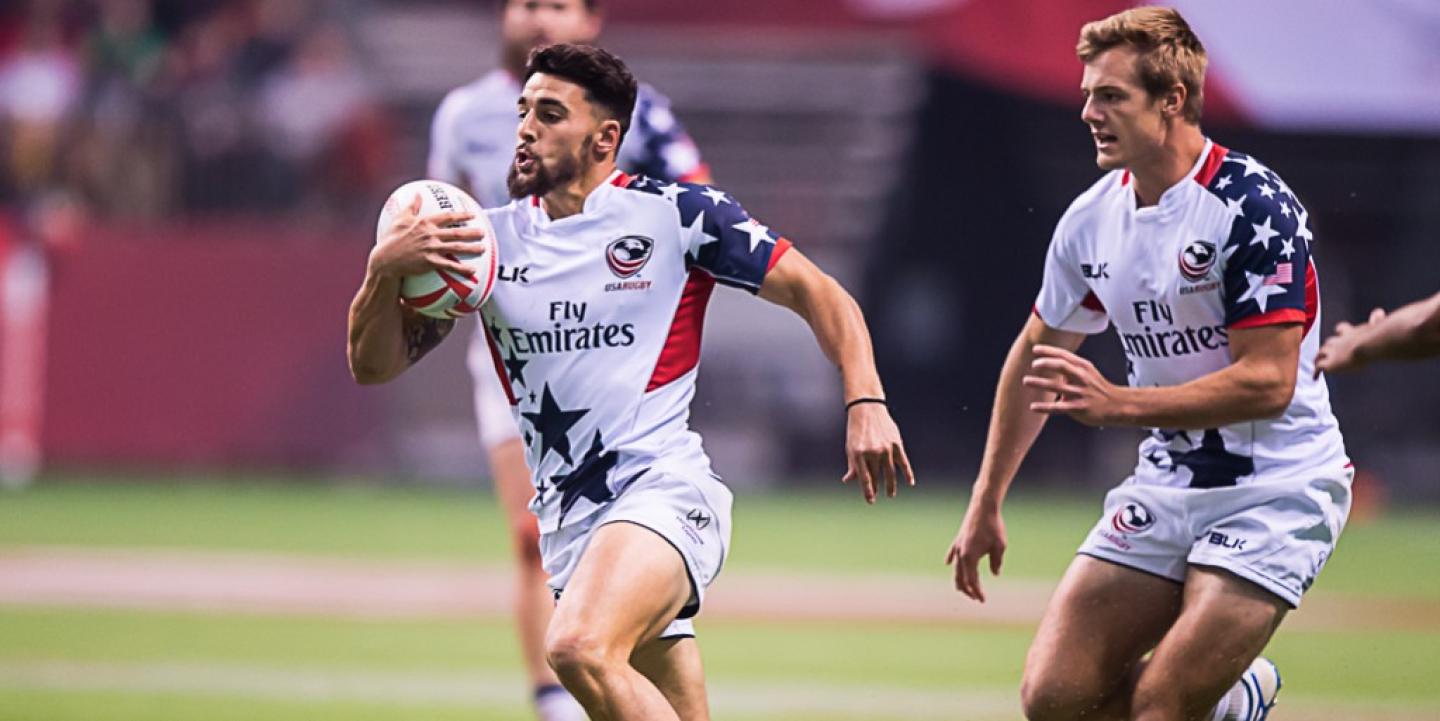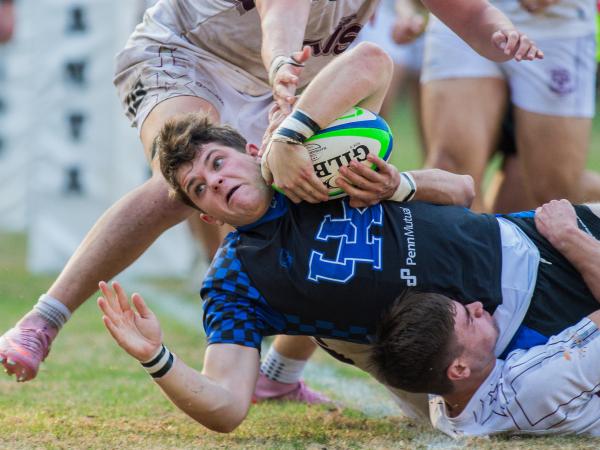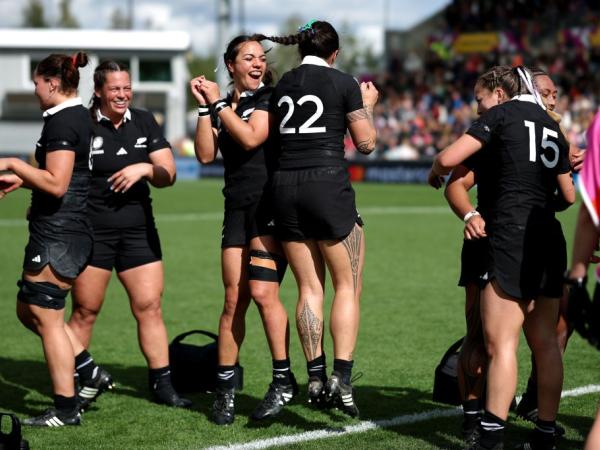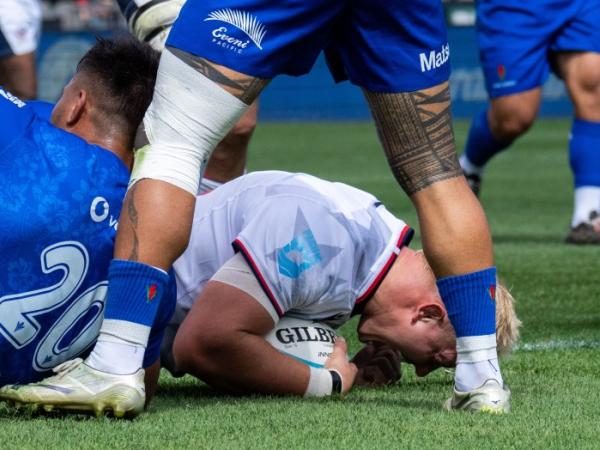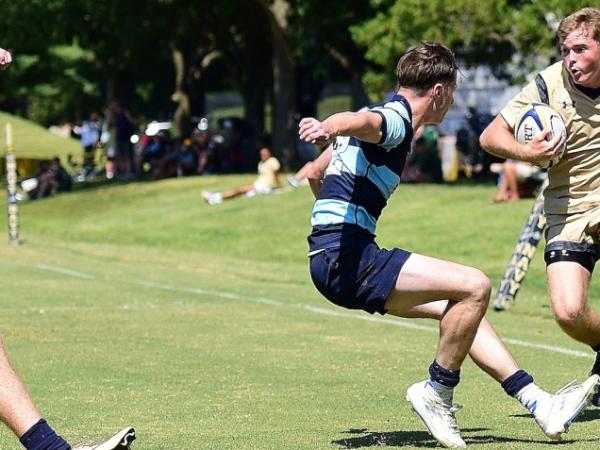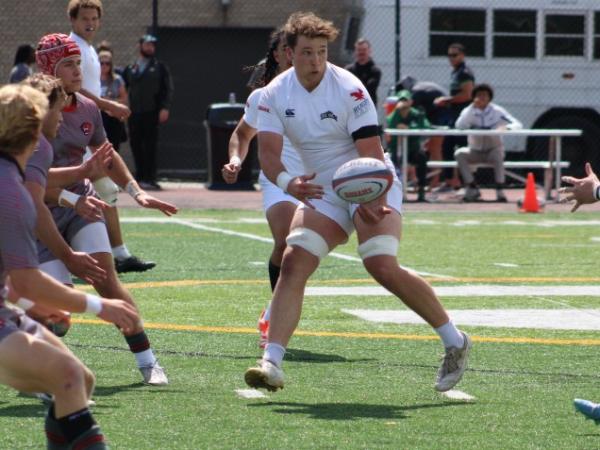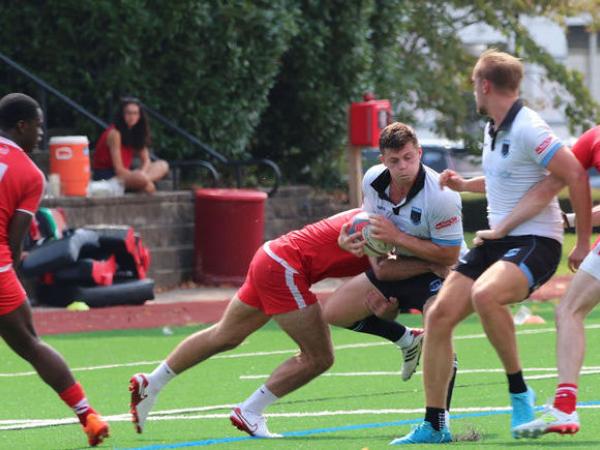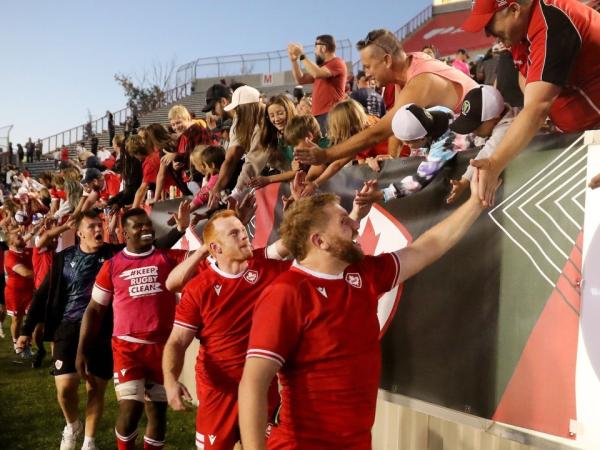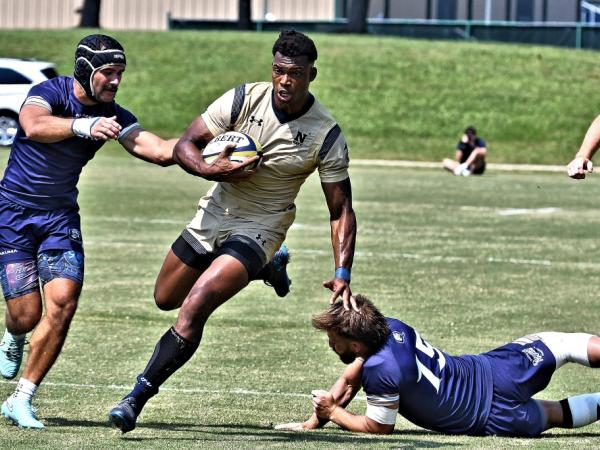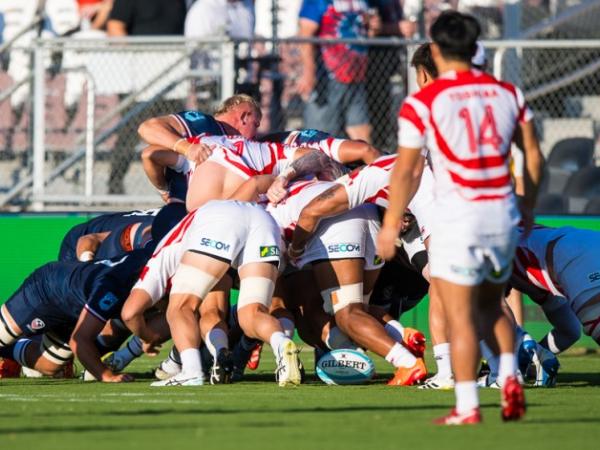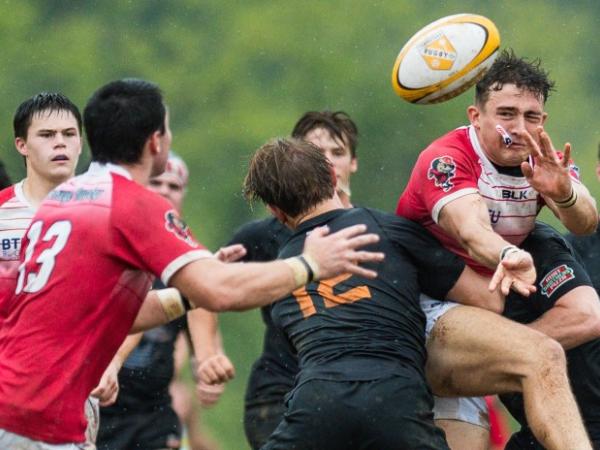Concussions are a sad fact of contact sport, and the topic of head injuries has been in the news for a good reason.
While rugby has often done a good job in terms of avoiding and monitoring concussions - stricter stand-down times, better and safer tackling and contact techniques - there is always more to be done.
Former University of Minnesota All American Luke Thiem, now captain of the Chicago Lions men's club, has developed a product that helps athletes support brain health.
It’s a supplement called Re:Mind Recover.
For some time now, doctors have been recommending Omega-3 Fatty Acids to help hard hitting athletes support brain health. When dealing with an injury himself, Thiem was told to take fish oil pills. The science behind it is that the brain is 60% fat, and Omega-3’s are an important fat found in the brain. By providing that much-needed resource to the brain as it is trying to recover, athletes can help support healthy brain function.
Top athletic programs, such as TCU’s football team, have already begun using the omega-3 fatty acid DHA to help their athletes support brain health, and a recent double blind placebo controlled study of 81 TCU football players focused on a biological indicator of brain trauma called neurofilament light. Findings from this study, the first large scale study examining potential prophylactic use of DHA in American football athletes, include identification of optimal dose of DHA suggest a neuroprotective effect of DHA supplementation.
(See here: http://breakthroughs.kera.org/studying-fish-oils-effect-on-concussion-re...)
Thiem and Mike Harriett - a former captain of the University of Chicago football team - teamed up to look at the idea, and came up with a better delivery system thank just taking fish oil pills. They enlisted the assistance of several experts, including Northshore Neurological Institute Chairman Dr. Julian Bailes, who is portrayed by Alec Baldwin in the film Concussion and is a nationally recognized leader in neurosurgery, as well as Dr. Michael Lewis, President of the Brain Health Education and Research Institute and Mike Palm, Manager of Concussion Services at Athletico Sports Medicine.
“The idea is to cross the blood-brain barrier with a supplement that supports healthy brain function,” said Thiem. The product can be used before and after contact sports. Athletes are recommended to use one every time they practice, and every time they play, and then a supplement can also be used when a player has taken a big hit. When a player suffers a hit, the brain cells are looking for an energy source. Re:Mind Recover can help provide that energy source and it can provide players with the building blocks that the brain needs."
Harriett has likened it to an athlete drinking a protein shake for your brain - it’s using nutrition to supplement good training and proper technique. Another analogy might be that of aspirin. Heart patients take aspirin regularly to help thin the blood and make a heart attack less likely, but an aspirin administered during a cardiac event can also be beneficial.
Top athletes are now using Re:Mind Recover, including NFL players such as Nate Ebner, and USA 7s player (and another former Gopher All American) Nate Augspurger.
“What I like most about the product is being able to have another supplement that focuses on helping me perform at my best,” Augspurger told Goff Rugby Report. “I feel sharper when I take Remind Recover. I have noticed I feel less tired the rest of the day or more prepared to take on the beating of rugby when I take Remind Recover. I have been able to share it with other teammates of mine and most of everyone that finds out about it has interest in it, as players, knowing there is something out there to help with negative affects contact sports can have on your brain, is comforting. We take all these supplements for our bodies to stay healthy and be at our best on a daily basis, it's about time that we have something to help support the most important part of the body, our brain.”
Of most concern for those following the head injury discussion, is that repetitive injury to the brain adds up. Long-term concussion effects start with concussions becoming easier and easier to get, and follow on with cognitive and mood issues, and worse.
Part of the problem is that athletes don’t like to admit that they are suffering concussions, because then they have to sit on the sidelines. In 2010, the BBC surveyed lower league rugby players in Wales, and found that only about 20% of concussions were actually reported.
While programs and protocols and attitudes all need to be in place to make sure concussions are reported, if players also had a supplement that helped them recover, that could also help reduce the repetitive head trauma problems.
For more, go to: www.remindrecover.com






